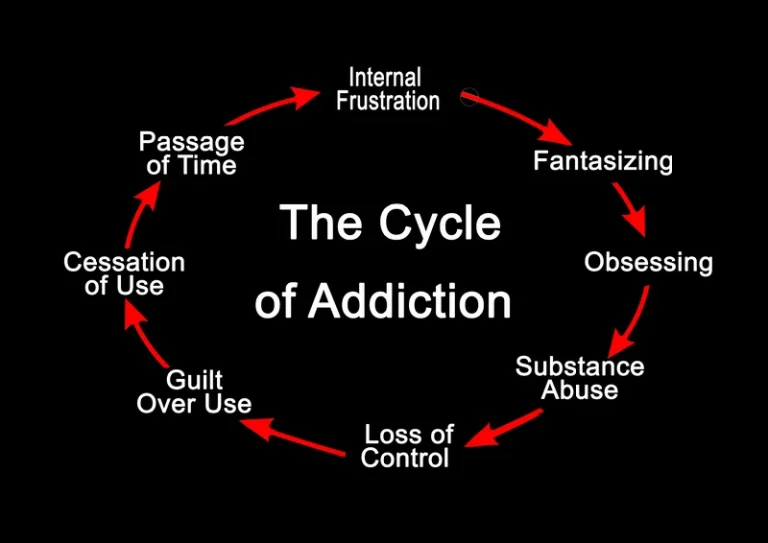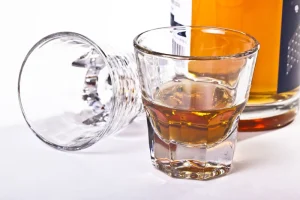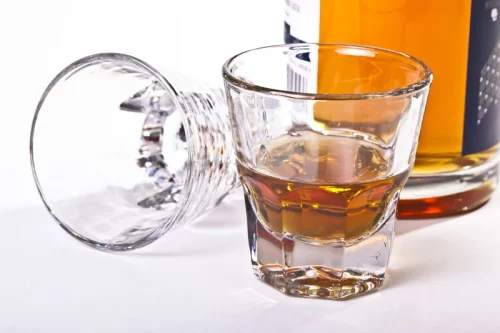
A structured routine will help you achieve other goals in your life, whether they are short-term (like being on time for work) or long-term (like going back to school and changing careers). Think about things that led to or worsened this relapse and how to remove them from your life. If a trigger is unavoidable, consider what you can do differently next time you face it.
- It can also include acting in old behaviors that the person used to engage in while drinking.
- Perhaps they have over-indulged during the holiday season or there have been consequences to their drinking over the Christmas period.
- For many people with a substance use disorder, it’s simply a matter of never having learned the appropriate way to manage anger.
- In reality, it’s likely a gradual progression for most people, and there are typically three stages of relapse.
How Drinking Affects the Body of a Recovering Alcoholic
I also wanted to finally prove that I could have complete control over myself while drinking and not kill an entire bottle plus some until blackout. For example, individuals with a healthy relationship with alcohol may choose to go sober for just a week or a month. By choosing to prioritize your health and well-being, you set yourself up for a more vibrant and energetic life, free from the constraints of alcohol addiction. By surrounding yourself with people who understand your journey and can offer encouragement and guidance, you set yourself up for success in maintaining a sober lifestyle. Alcoholism is a condition in which an individual has become dependent on alcohol.
Surviving Your First Sober Thanksgiving: Tips for a Joyful, Alcohol-Free Holiday
- Brain chemistry also plays a crucial role; alcohol affects the brain’s reward system, leading to increased dopamine release and reinforcing the behavior of drinking.
- What remains clear is the need for compassion, understanding, and ongoing support as individuals navigate the complex journey of recovery from alcoholism.
- One key to successful sober living is to map out real-life social scenarios.
- Therefore, it is not recommended to have even one drink while in recovery.
For the majority of people, drinking alcohol after being sober can lead to relapse. Therefore, it is not recommended to have even one drink while in recovery. Choosing non-alcoholic alternatives can help individuals in recovery avoid the temptation of alcohol while still enjoying social occasions. Cocktails and non-alcoholic spirits are delicious and refreshing options, allowing individuals to participate in social events without compromising their sobriety. An important role is also played by alcohol withdrawal in morning gagging and nausea is experienced as well. drinking after being sober As alcohol becomes a constant presence, the body relies on it, and the nervous system adjusts to this dependency.
Non-Alcoholic Alternatives for a Sober Lifestyle
However, it takes work to stay in recovery, and even the hardest-working person can experience slips, lapses and relapses during the alcohol recovery process. Preventing relapse and sustaining recovery demand continuous effort, support, and self-awareness. Strategies that include engaging with support networks, making lifestyle adjustments, managing stress, and seeking professional recovery help are essential components of a successful recovery plan. The journey is marked by victories Halfway house and setbacks alike, each offering valuable lessons and growth opportunities.

How To Stay Sober: Tips, Commonly Asked Questions, and the Alcohol Rehab Program That Can Help

Enjoy social situations while staying sober with tasty mocktails, non-alcoholic wines, beers, and spirits – the perfect alternatives to alcoholic beverages. Developing a plan and support system, as well as taking time for self-care, are key strategies to sustaining sobriety. Problem drinking is not the same as alcoholism, but it can lead to it if not addressed. It is important to recognize the signs of problem drinking and take steps to address it before it becomes a more serious issue. Reducing or eliminating alcohol consumption can have a significant impact on your physical health. Some of the benefits include reduced risk of certain cancers, improved liver function, better sleep, improved immune system function, and increased energy levels.
New Research Links Alcohol Consumption to Increased Cancer Risk
You can take steps to get back on track after an alcoholic relapse has occurred, and you can watch for warning signs that you might need more intensive intervention. I have a number of patients who come to me on anti-acid drugs, antidepressants and blood pressure lowering drugs, but when they stop drinking they don’t need any of them. Very often, people presenting to general practitioners with common conditions will not tell their doctor they are drinking two bottles of wine a day. When I was in early sobriety, I had drinking dreams regularly and they always involved the act of drinking. Sometimes they included dealing with the day after a night of drinking – the hangover and trying to piece together what happened the https://ecosoberhouse.com/ night before while I was in a blackout.
- An occasional drinker is someone who consumes alcohol infrequently, such as on special occasions or a few times a year.
- While some individuals may find success with moderation management, others might find complete abstinence to be the most effective path to a successful recovery.
- At the same time, he says, new habits such as therapy, the right medications, and new activities can spark “passion, curiosity, and joy” and help sobriety stick.
- The decision to pursue controlled drinking or commit to total abstinence is deeply personal and should be made with careful consideration of the individual’s circumstances, risks, and support systems.
- Some people may feel so “broken” that they almost feel they can no longer experience joy and confidence, or have healthy relationships again.
Reduced risk of certain cancers
While you’re unlikely to notice, unless it is excessively high, your blood pressure will decrease. For example, patients of all ages who come to us drinking heavily have exceedingly high blood pressure. Even if they’re on a detox plan with a significant amount of tranquilizers, their levels can be up to 170.

Many people think preventing a relapse means just saying „no“ to a drink. But by the time you’re looking at a can of beer or a bottle of liquor, you’re in the last and most difficult stage of a relapse. Some research has found that 40% to 60% of people dealing with substance abuse disorders relapse within a year. Whatever the reason, there are serious consequences when someone with AUD drinks. The justifications and excuses are harmful and will soon lead the individual to drink in the manner with which he or she is most familiar.
